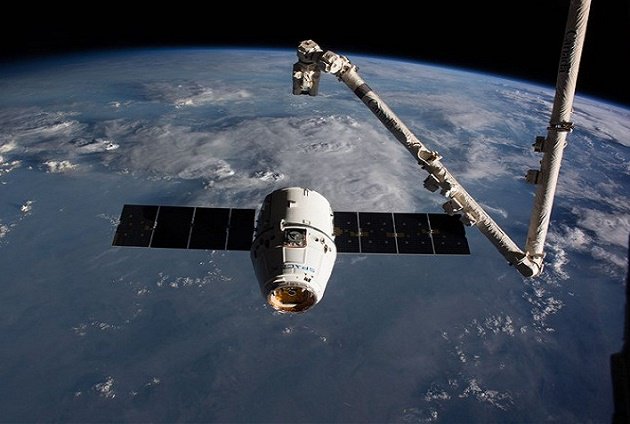Tourists would soon start to take their love for exploration outside earth as the National Aeronautics Space Association (NASA) has announced plans to
Tourists would soon start to take their love for exploration outside earth as the National Aeronautics Space Association (NASA) has announced plans to open the International Space Station (ISS) for business ventures including space tourism. NASA took to its Twitter page to make the announcement on June 7, as it seeks to financially disengage from the orbiting research lab.
Today, we’re sharing details about our plan to open the @Space_Station to commercial and marketing activities. Find out more: https://t.co/VJnMEmxNT8
🕙: 10am ET
📺: https://t.co/mzKW5uV4hS
❓: #askNASA pic.twitter.com/H2d2v9VgmW— NASA (@NASA) June 7, 2019
The US aerospace research agency will allow tourists to visit the ISS, a habitable artificial satellite in low earth orbit, from 2020 at a cost of $35,000 (£27,500) per night.
“Nasa is opening the International Space Station to commercial opportunities and marketing these opportunities as we’ve never done before,” Jeff DeWit, NASA’s chief financial officer, said in New York.
While Robyn Gatens, deputy director of the ISS, revealed there will be up to two short private astronaut missions per year, NASA added that private astronauts would be permitted to travel to the ISS for up to 30 days on US spacecraft. Having hired two companies, Elon Musk’s SpaceX and Boeing, for the purpose, NASA said private commercial entities would determine crew composition; training requirement and medical status of private astronauts.
“NASA’s goal is to become one of many customers purchasing services from independent, commercial and free-flying habitable destinations in low-Earth orbit. A robust low-Earth orbit economy will need multiple commercial destinations. NASA is partnering with the industry to pursue dual paths to that objective that either goes through the space station or directly to a free-flying destination,” it said in a statement.
“NASA focuses full speed ahead on its goal of landing the first woman and next man on the Moon by 2024, where American companies also will play an essential role in establishing a sustainable presence.”
